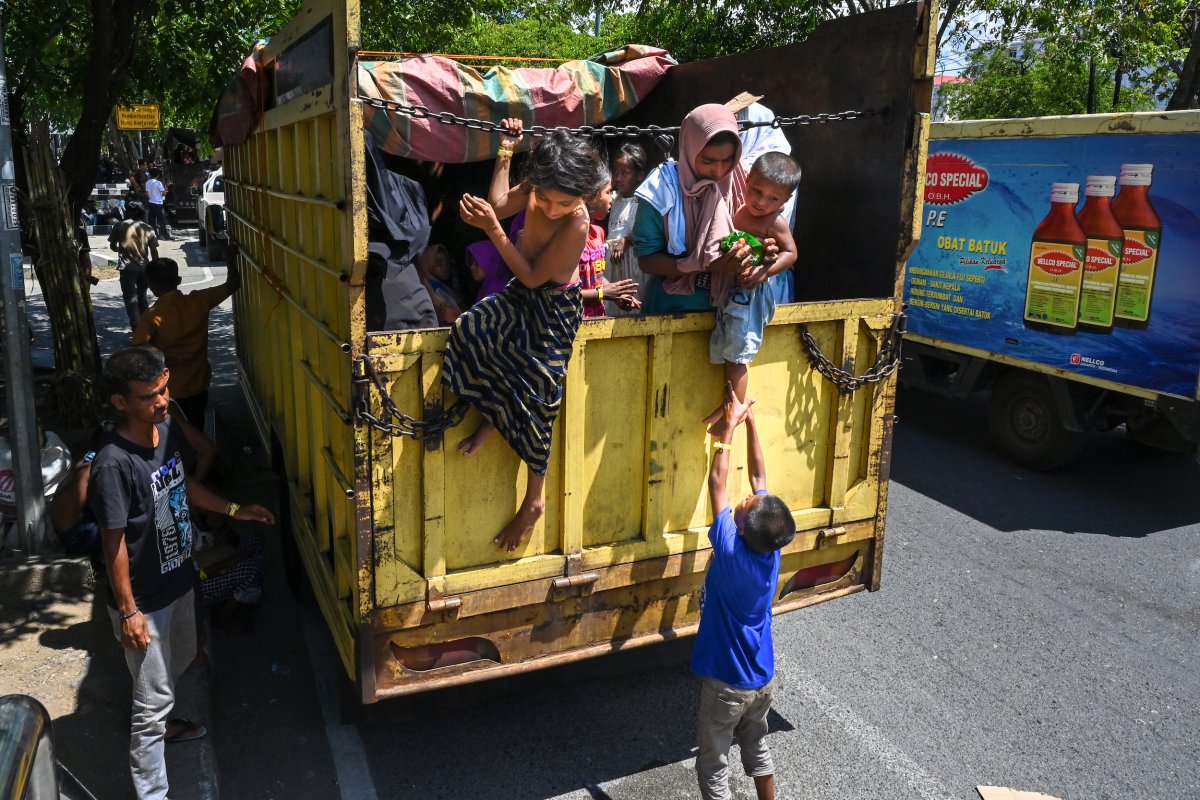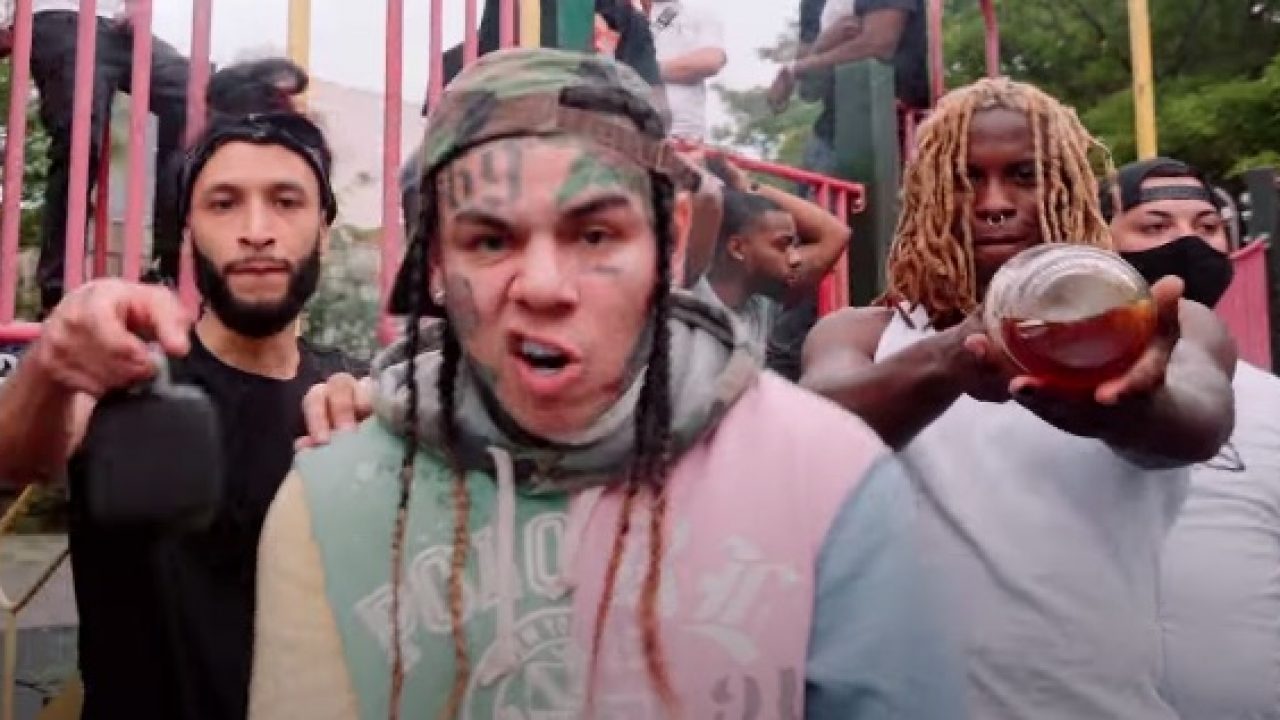Around the world, conflicts, repression, and persecution continue to cause human suffering on a tragic scale. In the headlines are the wars in Ukraine and the Middle East. But there is one crisis which has been largely ignored, and urgently needs attention: the one unfolding in Burma, or Myanmar.
Ever since the military coup on February 1, 2021, which overthrew the elected civilian government and established an illegal junta, Burma has spiraled into a severe humanitarian and political crisis, threatening the rights, freedoms, and lives of its diverse ethnic and religious communities.
Four years on, Burma is at a pivotal moment. The military regime is on the back foot, suffering significant losses of troops and territory as pro-democracy forces have pushed back. Thousands have defected from the regime, and it now controls less than 20 percent of the country's territory and only 33 percent of the population. There is a real possibility that it could collapse—but only if the international community acts to support democracy.
Burma's future hinges on the establishment of a genuine federal democracy. Federalism is essential for national reconciliation and sustainable peace. Only when the country's ethnic communities are given an equal stake in the country's future will there be any chance of peace after decades of civil war. Only a federal democracy that celebrates and protects Burma's diversity can put the country on the path to peace.
The junta's weaponization of religion through its promotion of Burman Buddhist nationalist ideology has perpetuated the persecution of ethnic and religious minorities for decades. Non-Burman, non-Buddhist communities are marginalized, oppressed, and subjected to a campaign of violence involving a litany of atrocity crimes. This persecution has intensified in the past four years.
Christians among the Chin, Kachin, Karen, and Karenni people face severe restrictions and persecution. Since the coup, over 300 churches have been destroyed. Pastors and priests have been killed. One of the country's most prominent Christian leaders, Kachin Baptist Reverend Dr. Hkalam Samson, was jailed for almost two years. Reverend Samson is internationally respected and in 2019 met President Donald Trump in the Oval Office, but that global reputation did not protect him. If the regime can lock up a pastor who has met the president of the United States, it shows how far its disregard for human rights has gone.
Muslims continue to face severe persecution too, especially the Rohingyas, who face grave violations of human rights which the United States and others have designated as genocide. These are among the world's most persecuted people.
The humanitarian toll is staggering. Over 45 million people live in poverty, with 19 million in urgent need of assistance. More than 4 million are internally displaced due to the junta's brutal attacks on civilians. Tens of thousands of homes, schools, hospitals, and places of worship have been destroyed, over 6,000 people have been killed, and more than 28,000 have been jailed as political prisoners, including democratically elected leaders such as Aung San Suu Kyi and President U Win Myint.
Burma is a long-forgotten battleground for religious freedom and human rights in Asia, and its turmoil is part of a broader struggle in the region. For exactly this reason the International Religious Freedom Summit, which will convene for the fifth time in February, works to create civil society momentum across the political spectrum and spanning dozens of faith traditions to advocate for religious freedom for everyone, everywhere, all the time. We've amplified the plight of persecuted groups worldwide—like Burma's Rohingyas—and urge governments and leaders worldwide to recognize the inherent value of religious freedom.

The trajectory of Burma—a country sandwiched between China and India—will influence the treatment of religious minorities across the continent.
Burma's junta is enabled by two key powers: China and Russia. By providing resources, diplomatic cover, arms, and an economic lifeline to the military regime, China in particular prioritizes its strategic interests over human rights. Beijing's repeated vetoes at the United Nations, and its opposition to sanctions, have emboldened the junta, exacerbating the suffering of Burma's people. China's actions go beyond complicity—they represent an active barrier to Burma's democratic progress. The international community must hold China, and its accomplice Russia, accountable.
Burma's crisis threatens regional stability and—if left unchecked—will embolden other authoritarian regimes. The international community must step up quickly to bring an end to the junta's impunity.
International mechanisms for accountability must be leveraged to bring the perpetrators of atrocity crimes to justice.
Protection for Burma's refugees and displaced peoples must be urgently enhanced, with provision of cross-border aid and support for basic services such as education and health care for refugees along Burma's borders.
Targeted and coordinated sanctions on Burma's generals and their enablers must be renewed, strengthened, and extended.
And democracies around the world must build a coalition to counter China's obstructive influence, provide real pressure for change and meaningful support for Burma's democratic movement. Clear and consistent support for the establishment of a genuine federal democracy, as a foundation for religious freedom, human rights, and true peace in Burma, is vital.
We urge the United States, under President Trump and Secretary of State Marco Rubio, to lead the way in ending Burma's nightmare. Through the full implementation of the U.S. Burma Act of 2022 and the UN Security Council's 2021 resolution, the U.S. can spearhead efforts to restore democracy and help Burma rise to a new dawn of freedom.
Burma's struggle is a defining moment for democracy, human rights, and religious freedom in Asia. The world cannot afford to look away.
Dr. Sasa is the Minister for International Co-operation in Burma's National Unity Government. Sam Brownback served as U.S. ambassador-at-large for International Religious Freedom from 2018-2021.
The views expressed in this article are the writers' own.




















 English (US) ·
English (US) ·